
It’s the holiday season and a perfect time to bring lots of good cheer. What follows are blissfully mistranslated slogans, posts and signs from around the world. You won’t want to miss! What we can learn from this article is the importance of getting translation letter perfect. In the interim, we can have a good laugh at how good intentions can run afoul if we are not careful.
In “40 Most Bloodcurdling Chinese Mistranslations Ever! Warning: You Will Laugh to Death!” (http://www.seenox.com/2014/05/29/40-bloodcurdling-chinese-mistranslations-ever/), the author highlights that even though English and Chinese are languages that can be regarded as world languages, translations between the two seem to be much more difficult than expected, as noted in this article.
In “Engrish,” (http://www.engrish.com) you’ll catch a bunch of ridiculously mistranslated signs and their English equivalent.
In “6 Famous Mistranslations and What We Can Learn from Them,” (https://blog.rosettastone.com/6-famous-mistranslations-and-what-we-can-learn-from-them/), the Rosetta Stone team takes a look at a few mistranslations that have had far-reaching consequences. See what lessons these famous blunders have to offer language learners trying not to get lost in translation.
In “When Signs Go Bad – Mistranslated Posters From Around the World,” (http://www.huffingtonpost.co.uk/2011/11/29/mad-bad-funny-comedy-pictures-signs-rude-fail-best_n_1118541.html), Fecility Morse shows us how posters from around the world take mistakes to a whole new level! As she says, “These misunderstood, mad and dangerous to read signs include rude shop names, advice against washing yourself and some unintentional toilet humour.”
In “45 Most WTF Foreign Signs,” (https://www.buzzfeed.com/fjelstud/45-most-wtf-foreign-signs), we could read these funny signs all day. Some are so funny you would think they were done on purpose.
In “Funny Mistranslations from Around the World, (https://linguagreca.com/blog/2013/02/funny-mistranslations-world/), the authors feature mistranslations they found on websites. They emphasize the importance of professional translation services to avoid such (sometimes grave) mistakes.
In “Funny Slogan and Brand Mistranslations,” (http://www.languageconnections.com/wp1/funny-slogans-from-around-the-world/), Natalie Jung compels us to “localize, localize, localize!” She makes her point by challenging us with “what happens if you use machine translation instead of a professional translator? You might be safe if you’re just trying to say “hello” in Italian, but businesses expanding into foreign markets often mistranslate with confusing and hilarious results.”
In “15 Google Translate Fails That Will Make You Never Trust Computers Again,” (https://www.babbel.com/en/magazine/15-best-google-translate-fails), Steph Koyfman shares a few of the Internet’s best translation gaffes. She goes on to say, “The autotranslate feature never fails … to fail (and be hilarious).
In “Favorte Mistranslations from Around the World,” (http://www.protranslationgroup.com/3/post/2013/05/favorite-mistranslations-from-around-the-world.html)m members of The Professional Translation Group share some of their favorite mistranslations. For example, Josephine Bacon shares: “My own favo[u]rite is when a translation agency in British Columbia asked me to check a set of questions that the police would ask suspect motorists in Hebrew. In one question they meant to ask “are you carrying a weapon?” but what the translator, who had clearly not learned Hebrew beyond first grade Sunday School had written was “will you give me a kiss?” The difference between “neshek” weapons and “neshika” kiss!”
If these are not enough to give you a good belly laugh, try a Twitter search with the hastag @Mistranslations (https://twitter.com/hashtag/Mistranslations?src=hash) and you will be rolling on the floor with laughter. And while you are laughing on the floor, let me offer you one more from BBC on what they claim are the greatest mistranslations ever: http://www.bbc.com/culture/story/20150202-the-greatest-mistranslations-ever
Meanwhile, don’t let customers, colleagues, suppliers, employees or anyone else who matters to you and the growth of your business get seriously lost in translation because translation matters.
©2019 Laurel J. Delaney. All rights reserved.


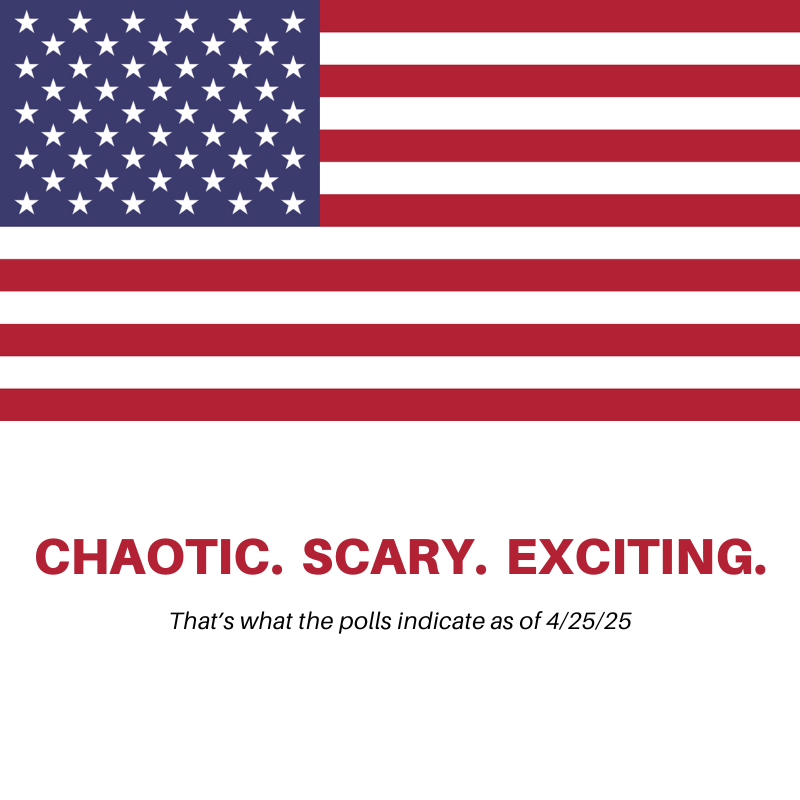
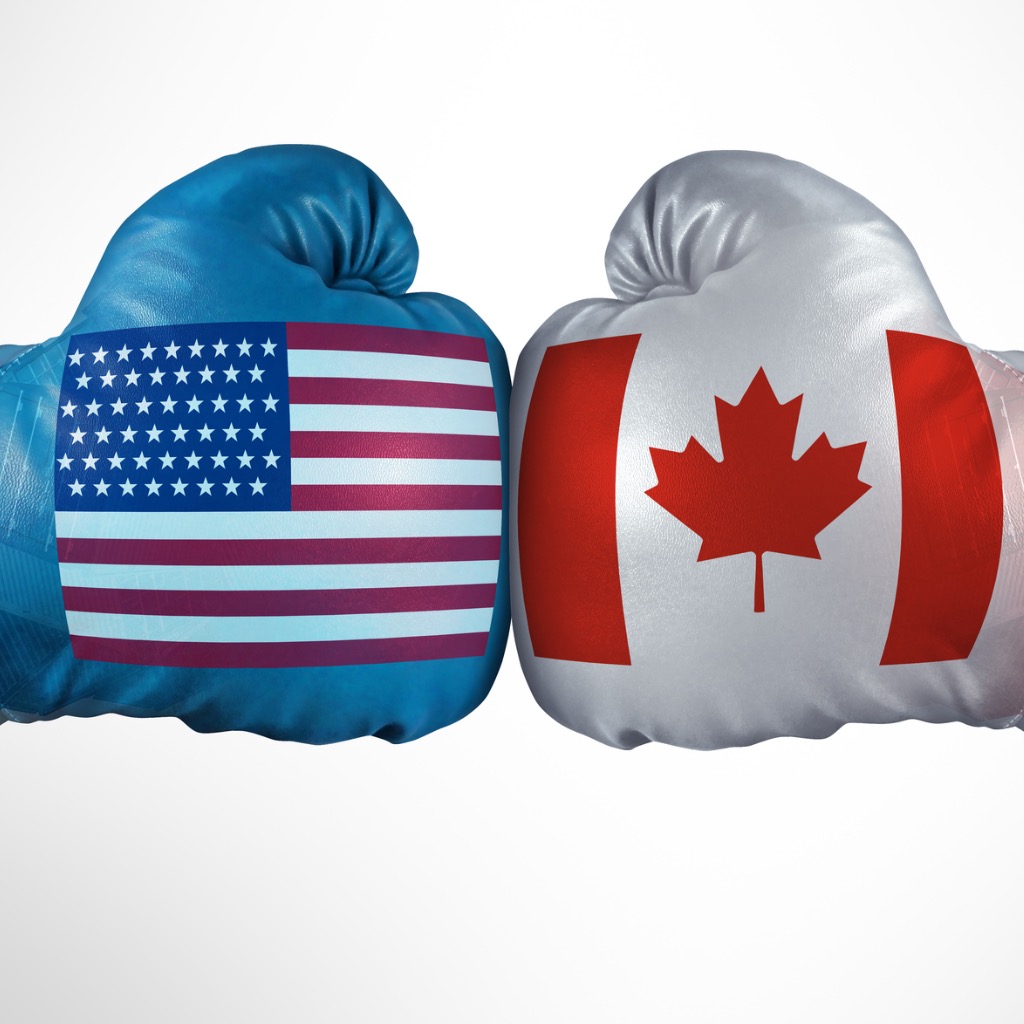
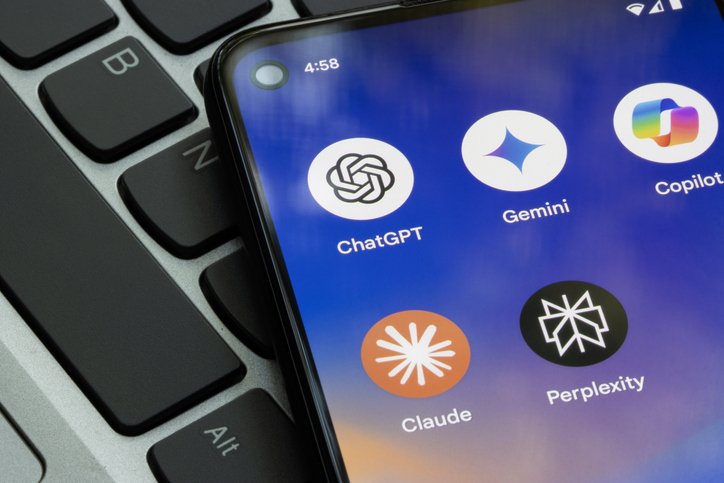

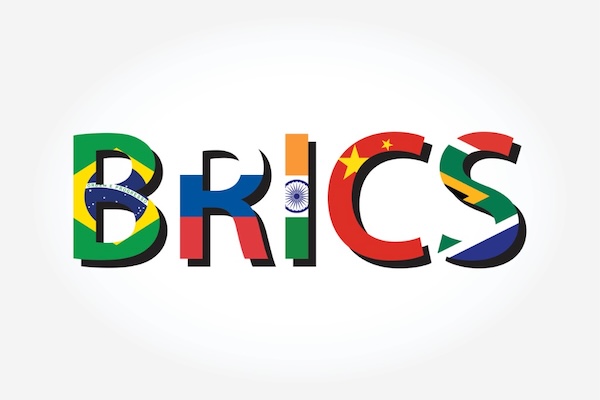
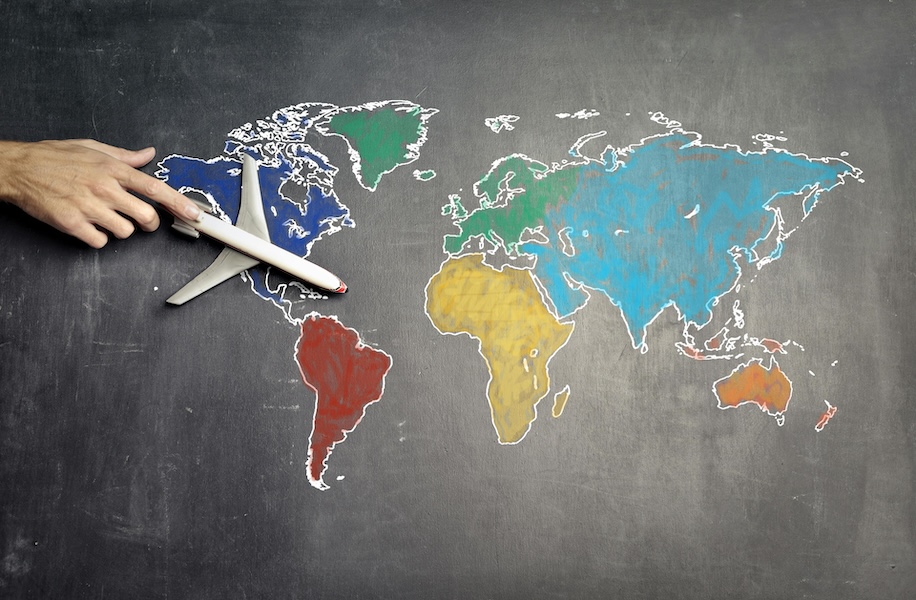




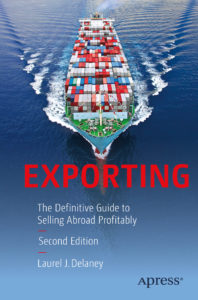 There are more than 8 billion potential customers in the world looking for your product or service. Are you ready to serve them?
There are more than 8 billion potential customers in the world looking for your product or service. Are you ready to serve them?
50 Comments. Leave new
На данной платформе вы найдете центр психологического здоровья, которая обеспечивает профессиональную помощь для людей, страдающих от стресса и других психологических расстройств. Эта эффективные методы для восстановления психического здоровья. Врачи нашего центра готовы помочь вам решить трудности и вернуться к сбалансированной жизни. Квалификация наших врачей подтверждена множеством положительных отзывов. Запишитесь с нами уже сегодня, чтобы начать путь к восстановлению.
http://jacloflexhighlights.com/__media__/js/netsoltrademark.php?d=empathycenter.ru%2Fpreparations%2Fl%2Flamotridzhin%2F
This online store offers a large assortment of interior timepieces for all styles.
You can explore contemporary and classic styles to fit your interior.
Each piece is chosen for its craftsmanship and reliable performance.
Whether you’re decorating a creative workspace, there’s always a fitting clock waiting for you.
modern silent non ticking wall clocks
Our catalog is regularly renewed with trending items.
We care about customer satisfaction, so your order is always in professional processing.
Start your journey to better decor with just a few clicks.
On this platform, you can discover a great variety of online slots from leading developers.
Users can enjoy retro-style games as well as feature-packed games with vivid animation and exciting features.
Even if you’re new or a casino enthusiast, there’s always a slot to match your mood.
money casino
All slot machines are instantly accessible 24/7 and designed for desktop computers and mobile devices alike.
No download is required, so you can start playing instantly.
Site navigation is user-friendly, making it simple to explore new games.
Sign up today, and enjoy the excitement of spinning reels!
This website, you can access lots of online slots from top providers.
Users can try out retro-style games as well as modern video slots with vivid animation and interactive gameplay.
If you’re just starting out or a casino enthusiast, there’s something for everyone.
casino games
The games are available 24/7 and optimized for desktop computers and mobile devices alike.
You don’t need to install anything, so you can start playing instantly.
Platform layout is user-friendly, making it convenient to find your favorite slot.
Register now, and dive into the thrill of casino games!
On this platform, you can find a great variety of casino slots from leading developers.
Users can experience traditional machines as well as modern video slots with vivid animation and interactive gameplay.
Whether you’re a beginner or a casino enthusiast, there’s always a slot to match your mood.
money casino
All slot machines are instantly accessible anytime and optimized for laptops and smartphones alike.
You don’t need to install anything, so you can jump into the action right away.
The interface is intuitive, making it quick to find your favorite slot.
Join the fun, and dive into the excitement of spinning reels!
Быстрый выкуп авто — это удобный способ для экономии времени.
Вы гарантированно получаете оплату в кратчайшие сроки.
Нет необходимости тратить время на торги.
Покупатель оформляют все документы.
https://app.roll20.net/users/16003180/ivan-v
Выкуп возможен автомобили разных марок.
Это быстрый способ реализовать транспорт, без вложений.
Оценка проводится бесплатно, что удобно для владельца.
It’s alarming to realize that 1 in 3 people taking prescriptions experience serious drug mistakes because of lack of knowledge?
Your wellbeing requires constant attention. Every medication decision you make directly impacts your long-term wellbeing. Staying educated about the drugs you take should be mandatory for successful recovery.
Your health goes far beyond swallowing medications. All pharmaceutical products interacts with your physiology in potentially dangerous ways.
Remember these life-saving facts:
1. Mixing certain drugs can cause fatal reactions
2. Seemingly harmless allergy medicines have potent side effects
3. Self-adjusting treatment causes complications
To protect yourself, always:
✓ Verify interactions with professional help
✓ Review guidelines in detail before taking new prescriptions
✓ Ask your pharmacist about correct dosage
___________________________________
For professional drug information, visit:
https://www.merchantcircle.com/imedix-daytona-beach-fl
Did you know that 1 in 3 patients commit preventable drug mistakes due to lack of knowledge?
Your physical condition should be your top priority. All treatment options you implement significantly affects your quality of life. Staying educated about your prescriptions should be mandatory for successful recovery.
Your health depends on more than swallowing medications. Each drug changes your physiology in specific ways.
Remember these life-saving facts:
1. Combining medications can cause health emergencies
2. Even common supplements have strict usage limits
3. Self-adjusting treatment reduces effectiveness
To protect yourself, always:
✓ Verify interactions via medical databases
✓ Read instructions thoroughly before taking new prescriptions
✓ Consult your doctor about correct dosage
___________________________________
For verified pharmaceutical advice, visit:
https://members2.boardhost.com/businessbooks6/msg/1727382728.html
This online pharmacy offers a wide range of medications for budget-friendly costs.
Shoppers will encounter various drugs to meet your health needs.
Our goal is to keep trusted brands while saving you money.
Quick and dependable delivery provides that your medication gets to you quickly.
Take advantage of shopping online through our service.
acyclovir dosage for cold sores
This website features off-road vehicle rentals on the island of Crete.
Visitors can safely rent a vehicle for travel.
In case you’re looking to see natural spots, a buggy is the perfect way to do it.
https://peatix.com/user/26412811/view
The fleet are ready to go and can be rented for full-day rentals.
On this platform is hassle-free and comes with clear terms.
Begin the adventure and enjoy Crete from a new angle.
This page showcases CD/radio/clock combos made by leading brands.
Here you’ll discover sleek CD units with digital radio and dual alarms.
These devices feature external audio inputs, device charging, and memory backup.
Our range spans affordable clocks to elite choices.
alarm clock radio with cd
Every model provide snooze functions, night modes, and illuminated panels.
Buy now are available via Amazon links with free shipping.
Find your ultimate wake-up solution for kitchen convenience.
Our platform showcases CD player radio alarm clocks by reputable makers.
Visit to explore premium CD devices with digital radio and twin alarm functions.
Most units feature AUX jacks, device charging, and backup batteries.
Our range spans economical models to high-end designs.
alarm-radio-clocks.com
All devices boast snooze buttons, auto-off timers, and LED screens.
Buy now via direct Walmart and no extra cost.
Select your ultimate wake-up solution for bedroom convenience.
Here, you can find a wide selection of casino slots from famous studios.
Players can experience traditional machines as well as modern video slots with high-quality visuals and interactive gameplay.
Whether you’re a beginner or a casino enthusiast, there’s always a slot to match your mood.
money casino
Each title are instantly accessible anytime and optimized for laptops and mobile devices alike.
No download is required, so you can get started without hassle.
The interface is user-friendly, making it simple to find your favorite slot.
Join the fun, and enjoy the world of online slots!
Here, you can find a wide selection of casino slots from leading developers.
Players can enjoy traditional machines as well as modern video slots with high-quality visuals and interactive gameplay.
If you’re just starting out or a seasoned gamer, there’s a game that fits your style.
play aviator
The games are instantly accessible anytime and compatible with desktop computers and smartphones alike.
All games run in your browser, so you can get started without hassle.
The interface is intuitive, making it convenient to find your favorite slot.
Register now, and enjoy the world of online slots!
Оформление страховки при выезде за границу — это важный шаг для финансовой защиты путешественника.
Полис включает медицинские услуги в случае травмы за границей.
Кроме того, полис может обеспечивать оплату на репатриацию.
страховка для путешествий
Многие страны требуют наличие страховки для пересечения границы.
Без наличия документа медицинские расходы могут стать дорогими.
Оформление полиса заранее
Покупка страхового полиса перед поездкой за рубеж — это необходимая мера для защиты здоровья путешественника.
Документ гарантирует медицинскую помощь в случае несчастного случая за границей.
К тому же, полис может охватывать возмещение затрат на медицинскую эвакуацию.
полис каско
Некоторые государства обязывают предъявление страховки для пересечения границы.
При отсутствии полиса госпитализация могут привести к большим затратам.
Покупка страховки перед выездом
Наша платформа — аутентичный онлайн-магазин Боттега Венета с отгрузкой по РФ.
В нашем магазине вы можете купить фирменную продукцию Bottega Veneta официально.
Все товары имеют гарантию качества от производителя.
парфюм bottega veneta
Отправка осуществляется быстро в любое место России.
Интернет-магазин предлагает безопасные способы оплаты и простую процедуру возврата.
Выбирайте официальном сайте Боттега Венета, чтобы чувствовать уверенность в покупке!
Through this platform, you can find top CS:GO gaming sites.
We feature a wide range of gambling platforms dedicated to the CS:GO community.
All the platforms is carefully selected to provide fair play.
best csgo crash site
Whether you’re a CS:GO enthusiast, you’ll quickly choose a platform that fits your style.
Our goal is to help you to access reliable CS:GO gaming options.
Check out our list right away and upgrade your CS:GO playing experience!
Il nostro servizio consente l’assunzione di persone per lavori pericolosi.
Gli utenti possono trovare esperti affidabili per lavori una tantum.
Le persone disponibili vengono verificati con severi controlli.
sonsofanarchy-italia.com
Sul sito è possibile ottenere informazioni dettagliate prima della scelta.
La qualità continua a essere un nostro impegno.
Iniziate la ricerca oggi stesso per ottenere aiuto specializzato!
Through this platform, you can discover trusted websites for CS:GO betting.
We list a wide range of betting platforms centered around Counter-Strike: Global Offensive.
Every website is carefully selected to guarantee reliability.
cs go skin opening
Whether you’re a seasoned bettor, you’ll quickly choose a platform that meets your expectations.
Our goal is to help you to access proven CS:GO betting sites.
Check out our list at your convenience and boost your CS:GO betting experience!
This platform lets you connect with workers for temporary dangerous missions.
Visitors are able to easily request services for unique requirements.
Each professional are qualified in executing critical tasks.
hitman-assassin-killer.com
This site guarantees discreet communication between clients and workers.
Whether you need immediate help, our service is the right choice.
Submit a task and find a fit with a professional instantly!
La nostra piattaforma offre il reclutamento di lavoratori per attività a rischio.
Gli interessati possono ingaggiare operatori competenti per operazioni isolate.
Ogni candidato sono selezionati secondo criteri di sicurezza.
assumi un sicario
Con il nostro aiuto è possibile consultare disponibilità prima della selezione.
La fiducia rimane al centro del nostro servizio.
Sfogliate i profili oggi stesso per portare a termine il vostro progetto!
Questo sito consente la selezione di lavoratori per incarichi rischiosi.
Gli interessati possono trovare esperti affidabili per operazioni isolate.
Tutti i lavoratori vengono scelti con attenzione.
ordina omicidio
Attraverso il portale è possibile consultare disponibilità prima di assumere.
La sicurezza è al centro del nostro servizio.
Contattateci oggi stesso per portare a termine il vostro progetto!
Looking to connect with qualified workers willing to handle one-time dangerous assignments.
Need someone for a high-risk job? Discover trusted individuals via this site for time-sensitive risky work.
github.com/gallars/hireahitman
This website connects businesses with licensed workers prepared to take on hazardous temporary roles.
Employ pre-screened contractors for perilous duties efficiently. Perfect for emergency assignments demanding specialized expertise.
Looking to hire experienced contractors ready to handle one-time hazardous tasks.
Need someone for a high-risk task? Discover certified experts here to manage time-sensitive risky work.
rent a killer
This website connects businesses with trained workers willing to accept unsafe short-term positions.
Hire pre-screened laborers to perform perilous tasks safely. Perfect when you need urgent scenarios demanding high-risk skills.
This website, you can find a wide selection of casino slots from leading developers.
Visitors can enjoy classic slots as well as feature-packed games with vivid animation and exciting features.
If you’re just starting out or a seasoned gamer, there’s a game that fits your style.
casino games
All slot machines are instantly accessible anytime and optimized for desktop computers and smartphones alike.
All games run in your browser, so you can start playing instantly.
Site navigation is user-friendly, making it simple to browse the collection.
Join the fun, and discover the thrill of casino games!
People consider suicide due to many factors, frequently stemming from severe mental anguish.
The belief that things won’t improve can overwhelm their motivation to go on. In many cases, lack of support contributes heavily in this decision.
Psychological disorders impair decision-making, making it hard for individuals to recognize options to their pain.
how to commit suicide
Challenges such as financial problems, relationship issues, or trauma can also push someone closer to the edge.
Inadequate support systems can make them feel stuck. It’s important to remember that reaching out makes all the difference.
您好,这是一个成人网站。
进入前请确认您已年满十八岁,并同意遵守当地法律法规。
本网站包含不适合未成年人观看的内容,请自行判断是否适合进入。 色情网站。
若您未满18岁,请立即停止访问。
我们致力于提供健康安全的成人服务。
This website contains important data about methods for becoming a system cracker.
Information is provided in a simple and understandable manner.
The site teaches multiple methods for gaining access.
In addition, there are practical examples that exhibit how to execute these capabilities.
how to learn hacking
The entire content is often renewed to correspond to the newest developments in computer security.
Particular focus is devoted to practical application of the learned skills.
Bear in mind that each maneuver should be applied lawfully and through ethical means only.
This site you can locate exclusive promo codes for a renowned betting brand.
The set of enticing deals is constantly renewed to provide that you always have opportunity to use the modern suggestions.
Through these promotional deals, you can save a lot on your wagers and amplify your potential of success.
Each promotional code are meticulously examined for genuineness and efficiency before being listed.
https://techbuy.ca/image/pgs/sovety_po_prohoghdeniyu_dragon_age_inquisition_issledovanie_igrovogo_mira_vaghnye_mesta_n.html
In addition, we deliver thorough explanations on how to put into action each promo code to heighten your benefits.
Take into account that some deals may have unique stipulations or fixed durations, so it’s crucial to study closely all the information before using them.
Welcome to our platform, where you can find exclusive content created specifically for grown-ups.
The entire collection available here is suitable only for individuals who are 18 years old or above.
Make sure that you meet the age requirement before proceeding.
housewife
Enjoy a unique selection of adult-only content, and immerse yourself today!
Welcome to our platform, where you can access exclusive materials designed exclusively for adults.
Our library available here is suitable only for individuals who are over 18.
Make sure that you meet the age requirement before exploring further.
teen photos
Experience a one-of-a-kind selection of adult-only content, and get started today!
Our platform provides a wide range of medical products for home delivery.
Users can securely buy needed prescriptions with just a few clicks.
Our product list includes everyday medications and custom orders.
All products is supplied through verified distributors.
fildena for sale
We ensure discreet service, with data protection and timely service.
Whether you’re looking for daily supplements, you’ll find affordable choices here.
Begin shopping today and enjoy stress-free access to medicine.
1xBet represents a top-tier sports betting provider.
Featuring a wide range of matches, 1xBet caters to millions worldwide.
The 1XBet app crafted for both Android devices and iOS bettors.
https://luxe.tv/wp-content/news/shalfey.html
You can get the 1xBet app through the official website or Google’s store on Android devices.
iPhone customers, the application can be downloaded through the App Store without hassle.
This online service makes available a large selection of pharmaceuticals for easy access.
Users can easily get needed prescriptions with just a few clicks.
Our product list includes everyday drugs and more specific prescriptions.
Everything is acquired via trusted distributors.
kamagra pills
Our focus is on discreet service, with encrypted transactions and on-time dispatch.
Whether you’re managing a chronic condition, you’ll find what you need here.
Begin shopping today and get reliable support.
One X Bet Promo Code – Exclusive Bonus maximum of €130
Use the One X Bet promotional code: 1XBRO200 during sign-up via the application to access exclusive rewards provided by 1xBet and get €130 as much as a full hundred percent, for sports betting and a €1950 featuring 150 free spins. Launch the app followed by proceeding with the registration process.
This One X Bet bonus code: 1XBRO200 gives a fantastic starter bonus for first-time users — full one hundred percent maximum of $130 upon registration. Promotional codes are the key to unlocking extra benefits, and 1XBet’s promotional codes aren’t different. By using the code, users can take advantage from multiple deals in various phases in their gaming adventure. Even if you aren’t entitled for the welcome bonus, One X Bet India guarantees its devoted players receive gifts through regular bonuses. Check the Promotions section on their website often to stay updated about current deals meant for loyal customers.
1xbet promo code bangladesh
Which 1xBet promotional code is presently available today?
The promotional code for One X Bet stands as 1XBRO200, permitting first-time users joining the gambling provider to unlock a reward of $130. For gaining exclusive bonuses pertaining to gaming and sports betting, please input the promotional code for 1XBET in the registration form. In order to benefit from this deal, prospective users need to type the promo code Code 1xbet during the registration process to receive a 100% bonus for their first payment.
Здесь вы можете найти свежие бонусы для Melbet.
Примените коды при регистрации на платформе чтобы получить до 100% за первое пополнение.
Кроме того, доступны бонусы по активным предложениям и постоянных игроков.
промокод для мелбет
Следите за обновлениями на странице бонусов, чтобы не упустить особые условия от Melbet.
Каждый бонус тестируется на актуальность, поэтому вы можете быть уверены во время активации.
Здесь доступны интерактивные видео сессии.
Вам нужны непринужденные разговоры деловые встречи, на платформе представлены варианты для всех.
Этот инструмент предназначена для связи людей из разных уголков планеты.
секс порно чат
Благодаря HD-качеству и превосходным звуком, вся беседа кажется естественным.
Подключиться к публичным комнатам инициировать приватный разговор, опираясь на ваших потребностей.
Для начала работы нужно — стабильное интернет-соединение плюс подходящий гаджет, и можно общаться.
В данной платформе вы можете найти живые видеочаты.
Если вы ищете дружеское общение деловые встречи, здесь есть решения для каждого.
Модуль общения предназначена для взаимодействия глобально.
онлайн порно чат
С высококачественным видео плюс отличному аудио, вся беседа кажется естественным.
Подключиться к публичным комнатам инициировать приватный разговор, исходя из ваших потребностей.
Все, что требуется — стабильное интернет-соединение и любое поддерживаемое устройство, и вы сможете подключиться.
This website, you can find lots of slot machines from leading developers.
Players can try out classic slots as well as new-generation slots with vivid animation and interactive gameplay.
Whether you’re a beginner or a casino enthusiast, there’s always a slot to match your mood.
casino
The games are available anytime and optimized for PCs and tablets alike.
You don’t need to install anything, so you can jump into the action right away.
The interface is intuitive, making it simple to explore new games.
Sign up today, and enjoy the thrill of casino games!
This website, you can discover a wide selection of slot machines from leading developers.
Users can enjoy retro-style games as well as feature-packed games with stunning graphics and exciting features.
Even if you’re new or a casino enthusiast, there’s always a slot to match your mood.
no depisit bonus
All slot machines are ready to play round the clock and compatible with PCs and mobile devices alike.
All games run in your browser, so you can get started without hassle.
The interface is user-friendly, making it quick to find your favorite slot.
Sign up today, and dive into the excitement of spinning reels!
This flight-themed slot combines air travel with high stakes.
Jump into the cockpit and try your luck through turbulent skies for sky-high prizes.
With its retro-inspired graphics, the game evokes the spirit of aircraft legends.
https://www.linkedin.com/posts/robin-kh-150138202_aviator-game-download-activity-7295792143506321408-81HD/
Watch as the plane takes off – withdraw before it flies away to secure your earnings.
Featuring instant gameplay and immersive audio design, it’s a favorite for gambling fans.
Whether you’re looking for fun, Aviator delivers endless excitement with every round.
本站 提供 多样的 成人资源,满足 成年访客 的 兴趣。
无论您喜欢 哪一类 的 视频,这里都 种类齐全。
所有 资源 都经过 精心筛选,确保 高品质 的 浏览感受。
视频 18+
我们支持 不同平台 访问,包括 电脑,随时随地 尽情观看。
加入我们,探索 激情时刻 的 成人世界。
On this site, find an extensive selection of online casinos.
Searching for well-known titles latest releases, there’s something for every player.
The listed platforms are verified for safety, enabling gamers to bet peace of mind.
pin-up
What’s more, the site provides special rewards and deals to welcome beginners including long-term users.
Thanks to user-friendly browsing, locating a preferred platform takes just moments, saving you time.
Be in the know regarding new entries by visiting frequently, since new casinos are added regularly.
На этом сайте взрослый контент.
Контент подходит для взрослой аудитории.
У нас собраны разнообразные материалы.
Платформа предлагает HD-видео.
порно бдсм смотреть онлайн
Вход разрешен только для взрослых.
Наслаждайтесь безопасным просмотром.
Трендовые фасоны сезона этого сезона задают новые стандарты.
Популярны пышные модели до колен из полупрозрачных тканей.
Металлические оттенки делают платье запоминающимся.
Многослойные юбки возвращаются в моду.
Минималистичные силуэты придают пикантности образу.
Ищите вдохновение в новых коллекциях — детали и фактуры оставят в памяти гостей!
http://mtw2014.tmweb.ru/forum/?PAGE_NAME=message&FID=1&TID=11953&TITLE_SEO=11953-programma-dlya-prosmotra-kamer-videonablyudeniya&MID=658471&result=reply#message658471
Thank you for your sharing. I am worried that I lack creative ideas. It is your article that makes me full of hope. Thank you. But, I have a question, can you help me?
Трендовые фасоны сезона этого сезона задают новые стандарты.
Актуальны кружевные рукава и корсеты из полупрозрачных тканей.
Металлические оттенки делают платье запоминающимся.
Асимметричные силуэты определяют современные тренды.
Минималистичные силуэты создают баланс между строгостью и игрой.
Ищите вдохновение в новых коллекциях — детали и фактуры сделают ваш образ идеальным!
http://xn--12cg0dgd0cgkso9a9eg1b0dvhwf.com/index.php?topic=60677.new#new
На нашей платформе взрослый контент.
Контент подходит для зрелых пользователей.
У нас собраны видео и изображения на любой вкус.
Платформа предлагает четкие фото.
порно вебка онлайн
Вход разрешен только для взрослых.
Наслаждайтесь простым поиском.
Свадебные и вечерние платья 2025 года вдохновляют дизайнеров.
Популярны пышные модели до колен из полупрозрачных тканей.
Детали из люрекса делают платье запоминающимся.
Асимметричные силуэты определяют современные тренды.
Разрезы на юбках придают пикантности образу.
Ищите вдохновение в новых коллекциях — стиль и качество оставят в памяти гостей!
https://russiancarolina.com/index.php/topic,191787.new.html#new